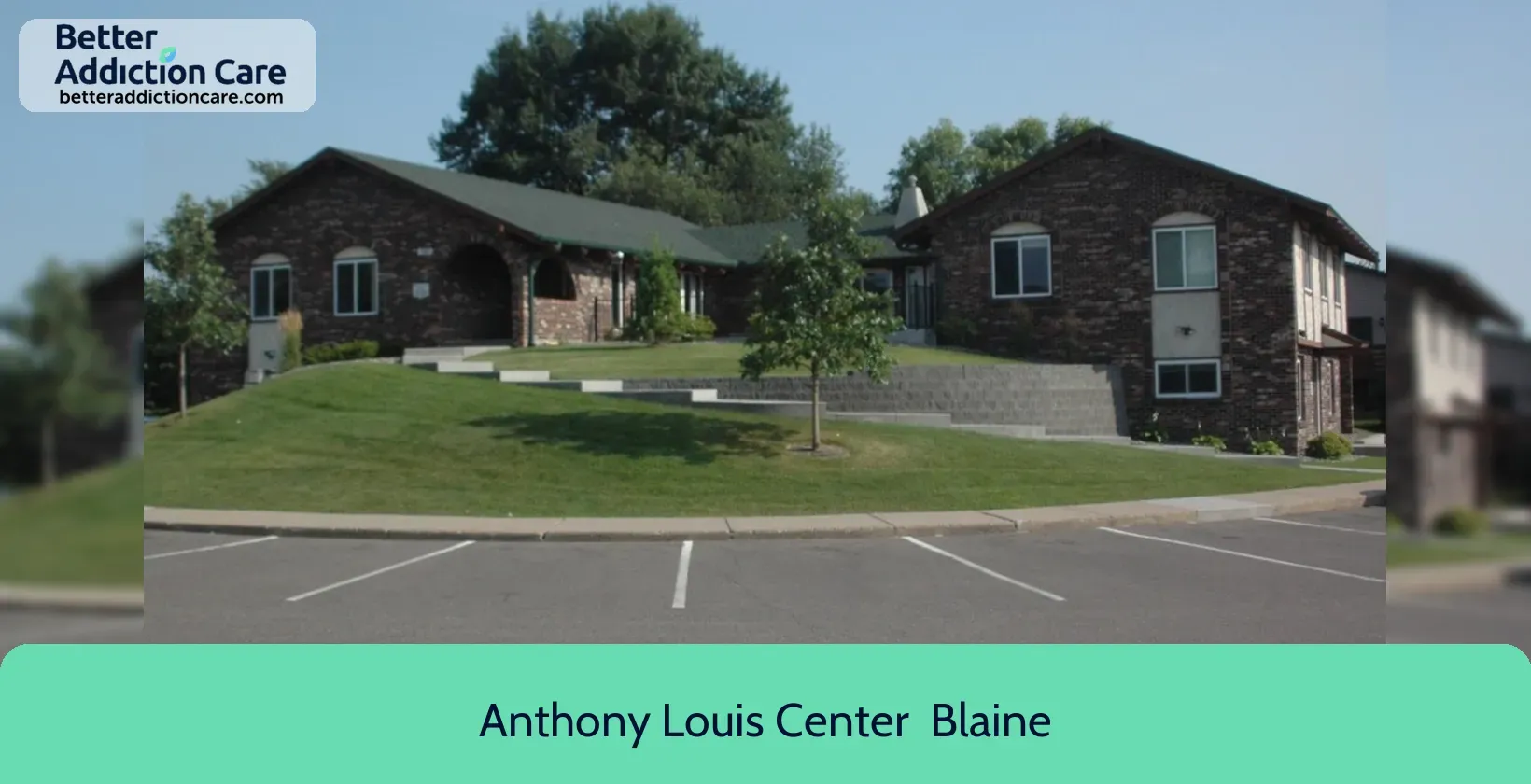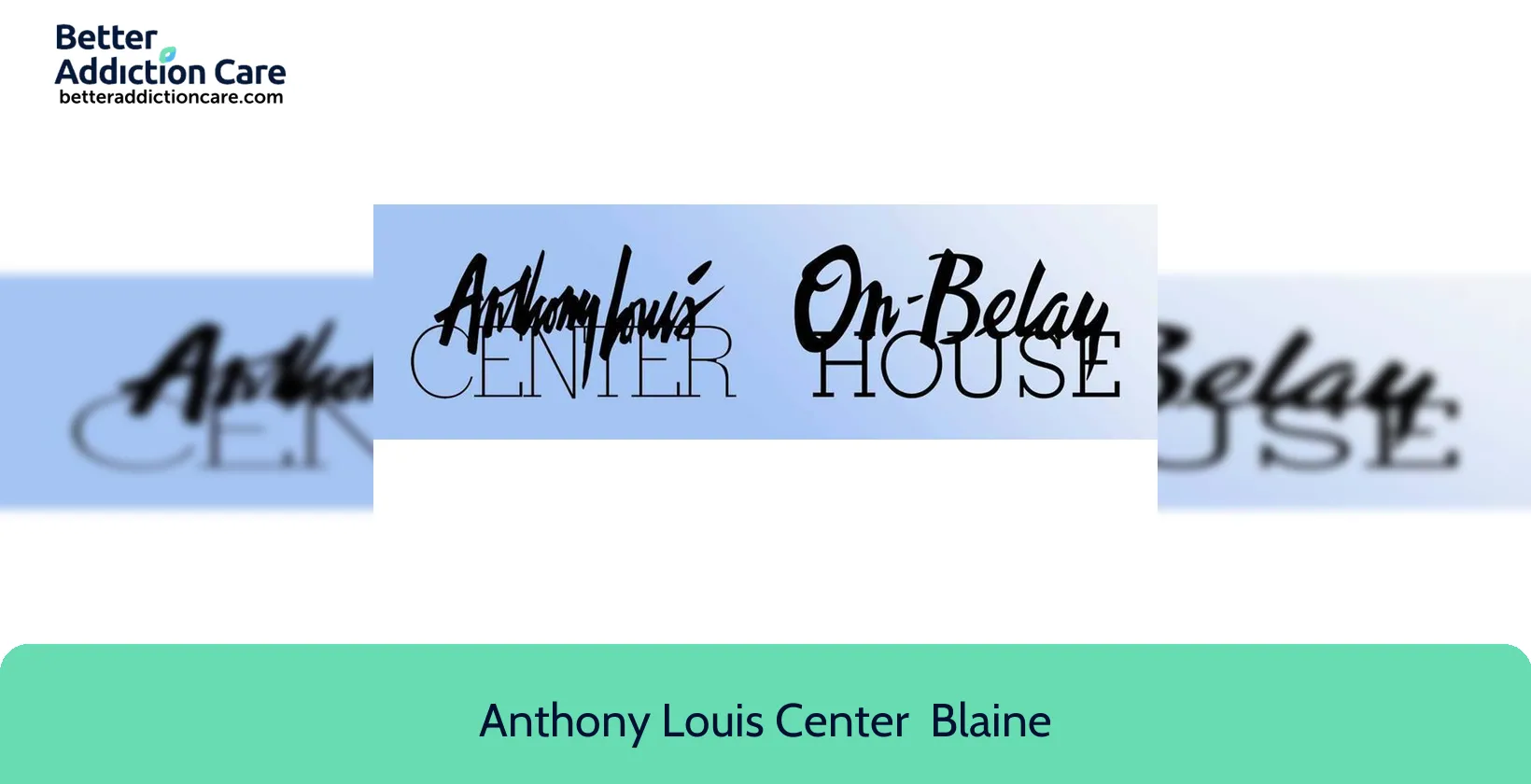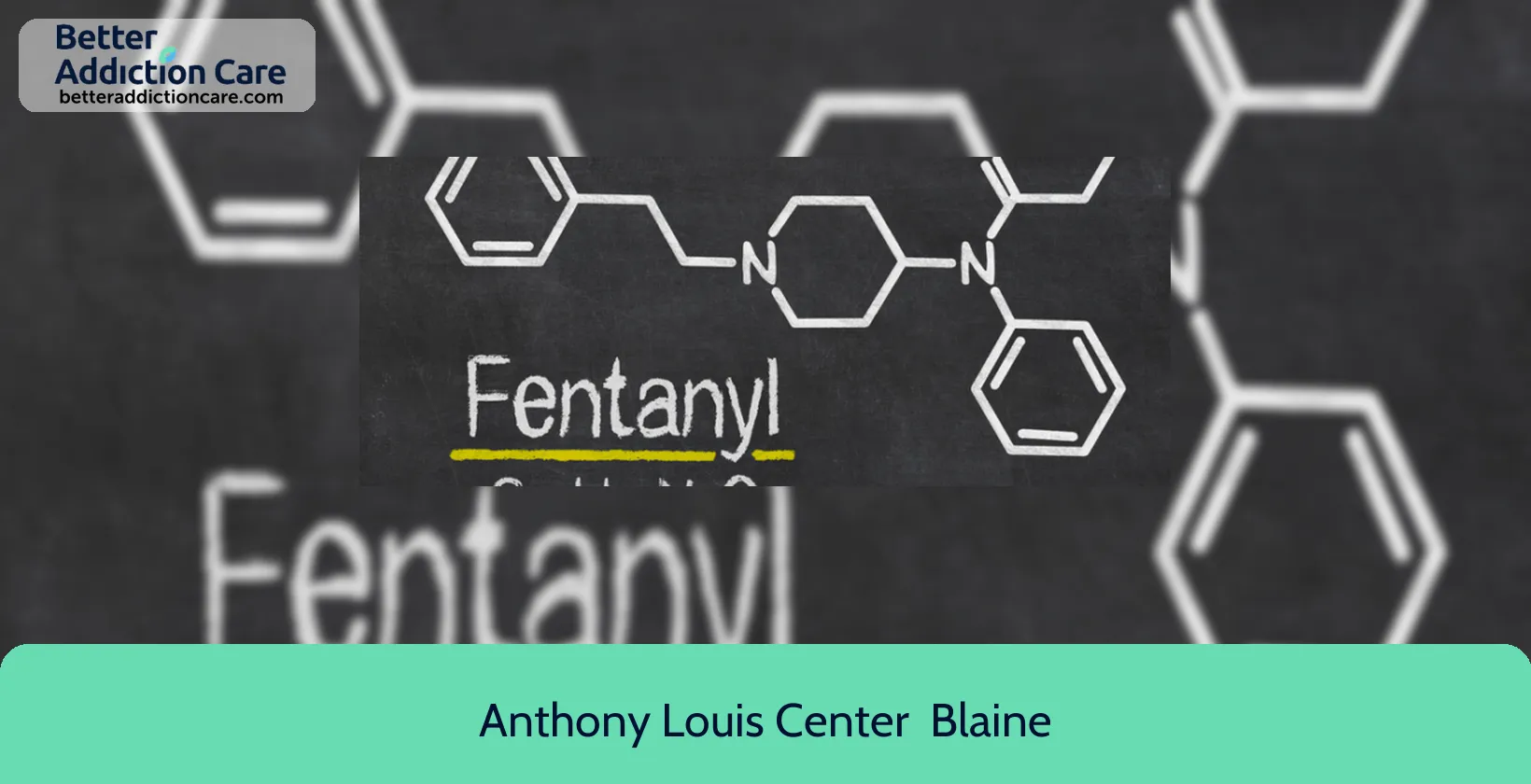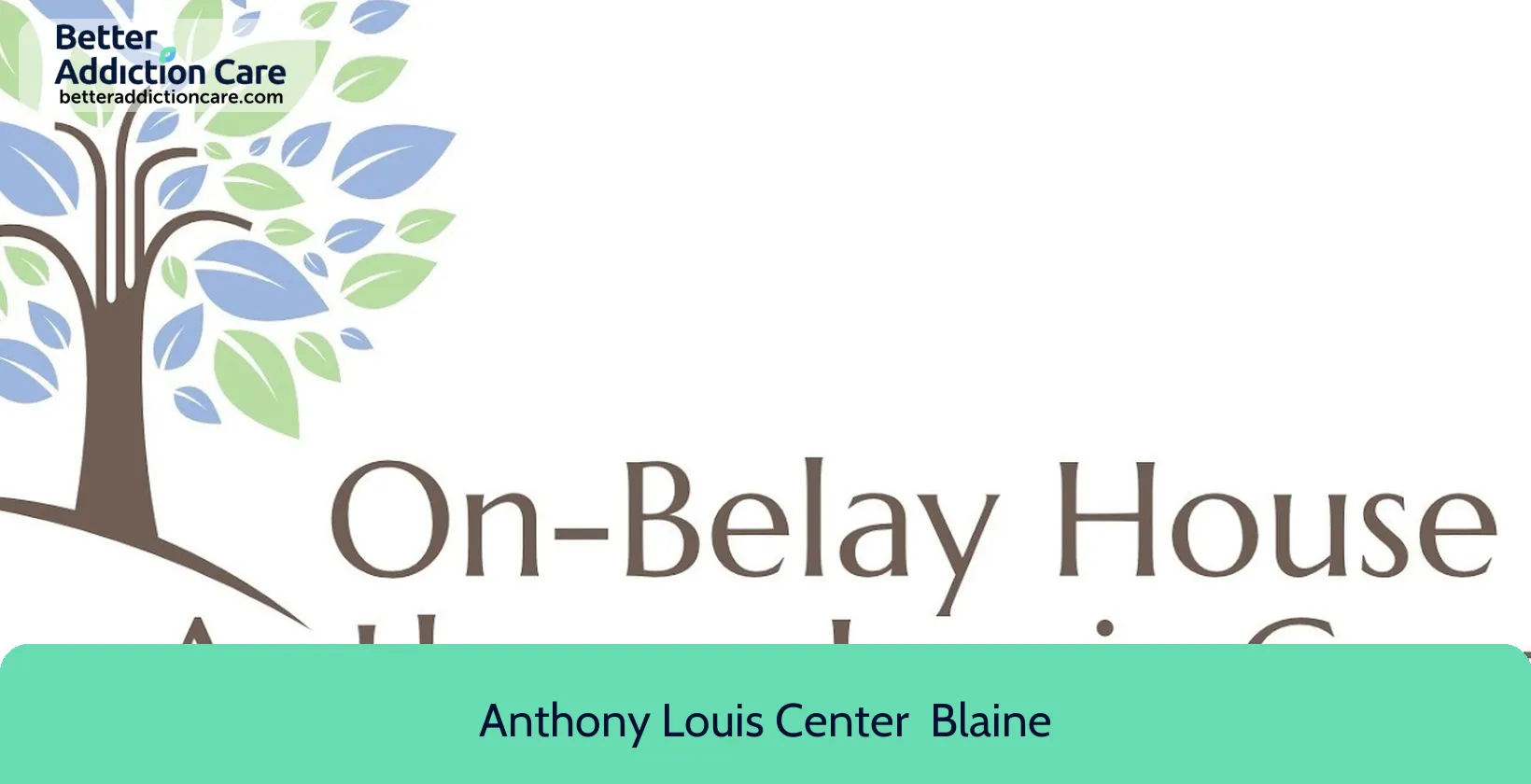Anthony Louis Center - Blaine
Overview
Anthony Louis Center - Blaine is an accredited substance abuse treatment center that provides inpatient and outpatient treatment for men from 18+ years of age. As part of their special programs, Anthony Louis Center - Blaine treats clients with co-occurring mental and substance use disorders, criminal justice (other than dui/dwi)/forensic clients, and clients with hiv or aids. To help patients achieve sobriety, Anthony Louis Center - Blaine provides intake assessments. Afterward, patients receive cognitive behavioral therapy, telemedicine/telehealth therapy, and substance use disorder counseling during treatment. Anthony Louis Center - Blaine is located in Minneapolis, Minnesota, providing treatment for people in Anoka County, accepting cash or self-payment, medicaid, and state-financed health insurance plan other than medicaid.
Anthony Louis Center - Blaine at a Glance
Payment Options
- Cash or self-payment
- Medicaid
- State-financed health insurance plan other than Medicaid
- Private health insurance
- IHS/Tribal/Urban (ITU) funds
Assessments
- Screening for tobacco use
- Comprehensive mental health assessment
- Comprehensive substance use assessment
- Interim services for clients
- Outreach to persons in the community
Age Groups
- Adolescents
- Young adults
- Children/adolescents
- Adults
- Seniors
Ancillary Services
- Case management service
- Suicide prevention services
- Residential beds for client's children
- Mental health services
- Social skills development
Highlights About Anthony Louis Center - Blaine
7.06/10
With an overall rating of 7.06/10, this facility has following balanced range of services. Alcohol Rehabilitation: 8.00/10, Drug Rehab and Detox: 6.00/10, Insurance and Payments: 6.40/10, Treatment Options: 7.82/10.-
Alcohol Rehabilitation 8.00
-
Treatment Options 7.82
-
Insurance and Payments 6.40
-
Drug Rehab and Detox 6.00
Accreditations
SAMHSA certification for opioid treatment program (OTP):
SAMHSA's Opioid Treatment Programs (OTPs) accreditation is a rigorous recognition process that signifies an OTP's commitment to providing high-quality care for individuals dealing with opioid use disorders. It assures patients, families, and the community that the program adheres to evidence-based practices, employs qualified staff, and maintains a safe treatment environment. This accreditation is a symbol of quality and accountability, offering confidence in the program's ability to support individuals on their path to recovery from opioid addiction.
State department of health:

Government agencies issue State Licenses, which grant rehabilitation organizations permission to conduct their operations lawfully within specific geographic regions. Licenses needed to operate are typically determined by the type of rehabilitation program offered by the facility and its physical location.
Treatment At Anthony Louis Center - Blaine
Treatment Conditions
- Alcoholism
- Substance use treatment
Care Levels
- Hospital inpatient treatment
- Outpatient
- Short-term residential
- Long-term residential
- Intensive outpatient treatment
Treatment Modalities
- Cognitive behavioral therapy
- Telemedicine/telehealth therapy
- Substance use disorder counseling
- Trauma-related counseling
- Smoking/vaping/tobacco cessation counseling
Ancillary Services
Additional Services
- Pharmacotherapies administered during treatment
- Mentoring/peer support
- Drug or alcohol urine screening
Special Programs
- Clients with co-occurring mental and substance use disorders
- Criminal justice (other than DUI/DWI)/Forensic clients
- Clients with HIV or AIDS
- Clients who have experienced trauma
- Clients who have experienced sexual abuse
Get Help Now
Common Questions About Anthony Louis Center - Blaine
Contact Information
Other Facilities in Minneapolis
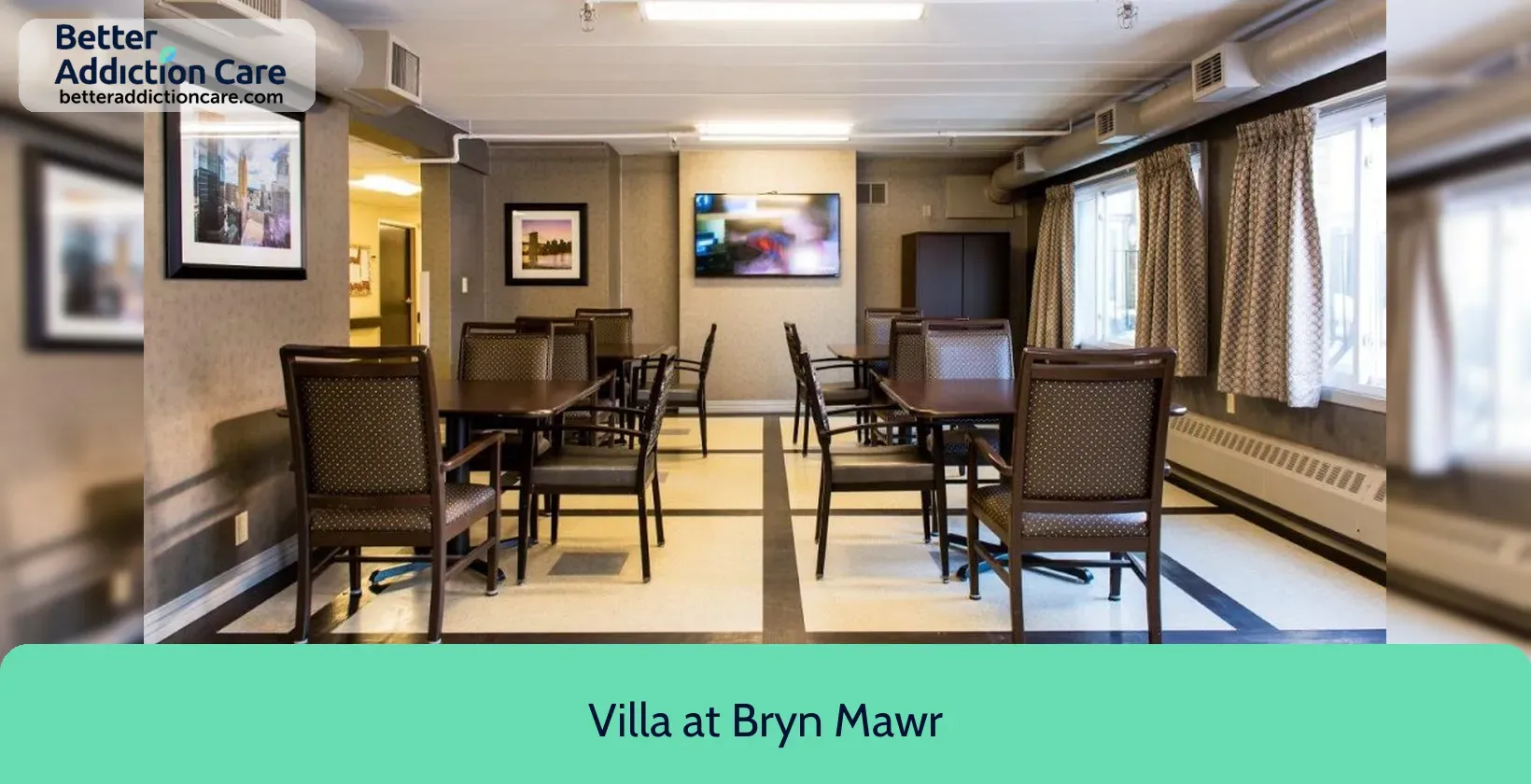
7.28
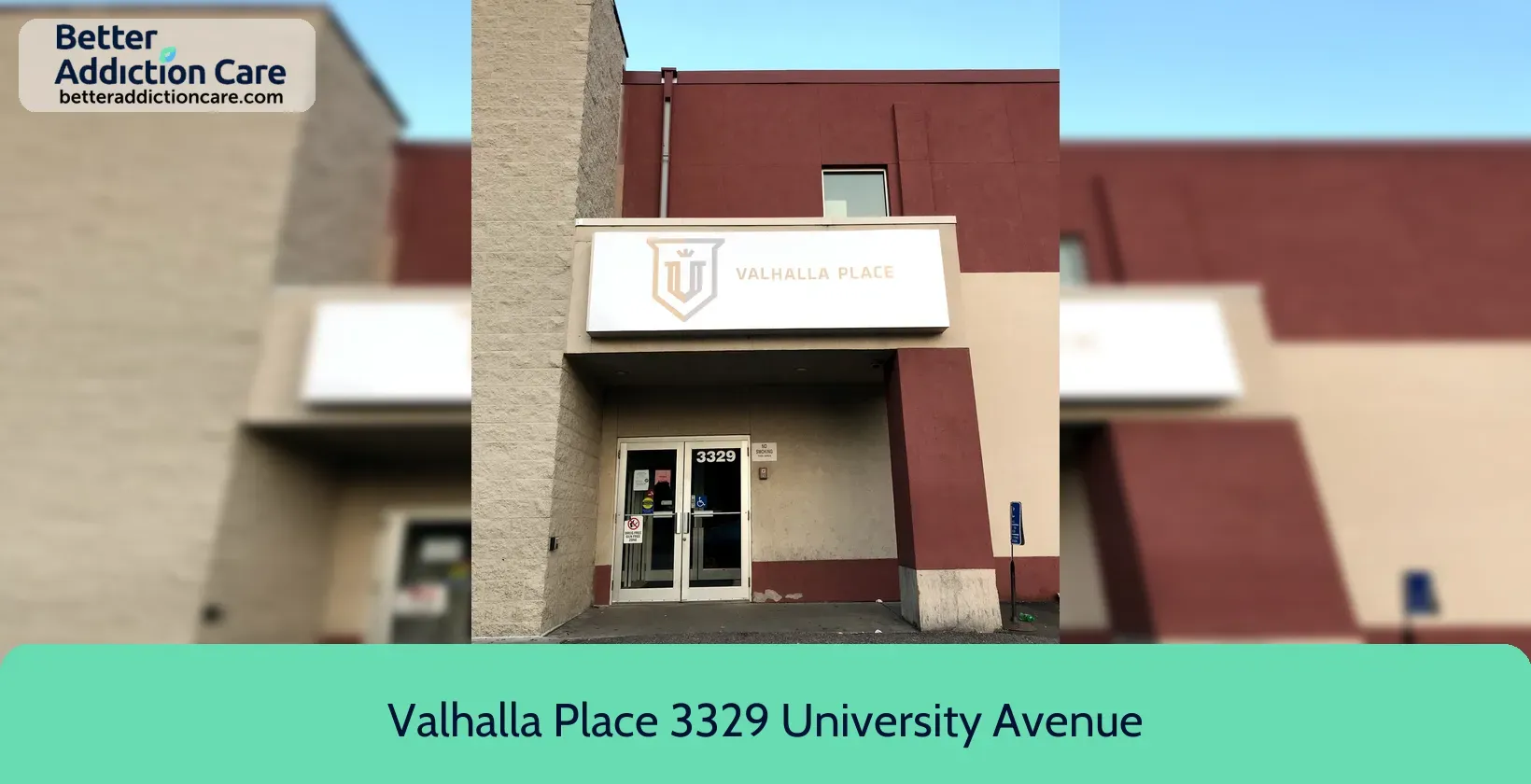
7.17
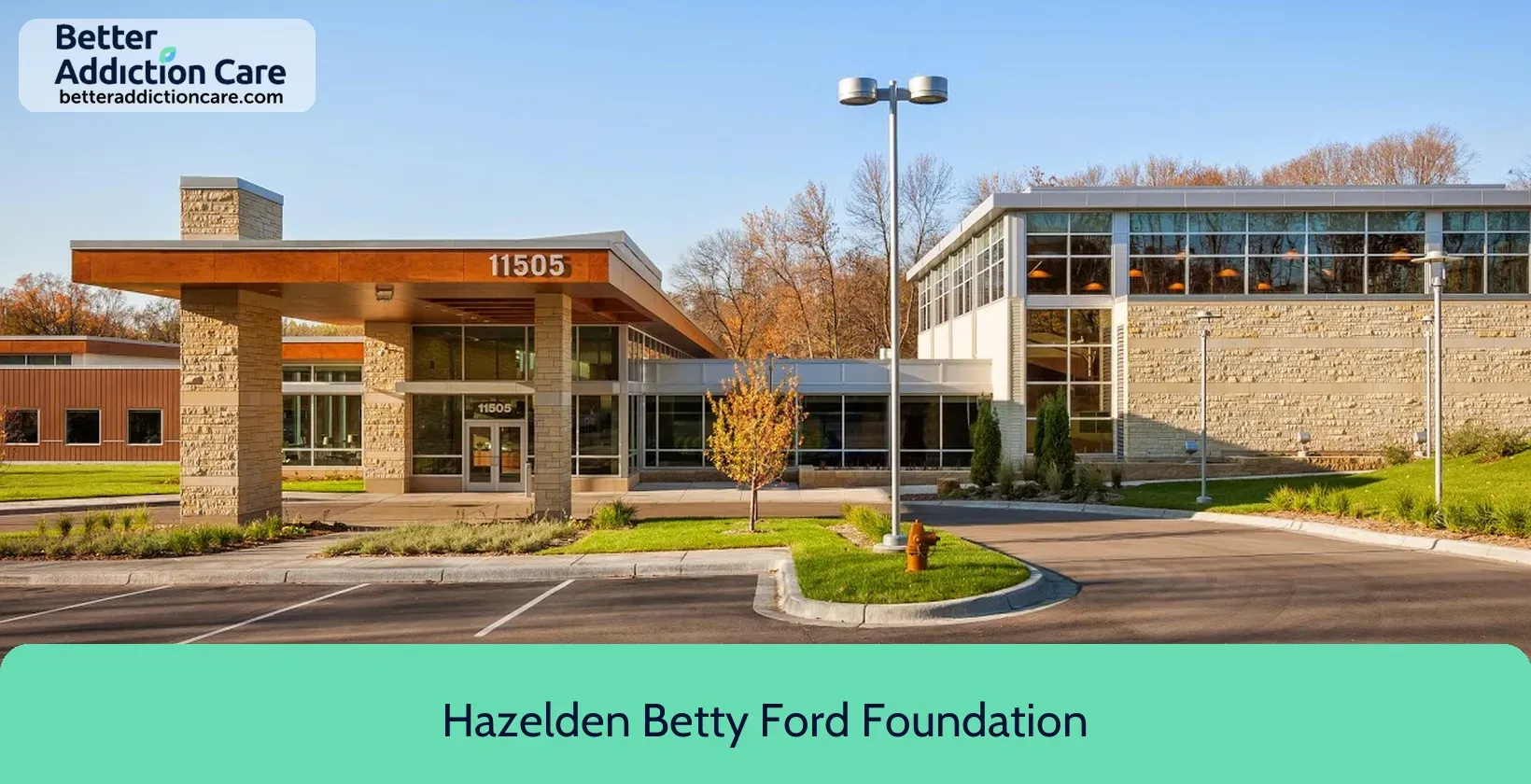
7.55
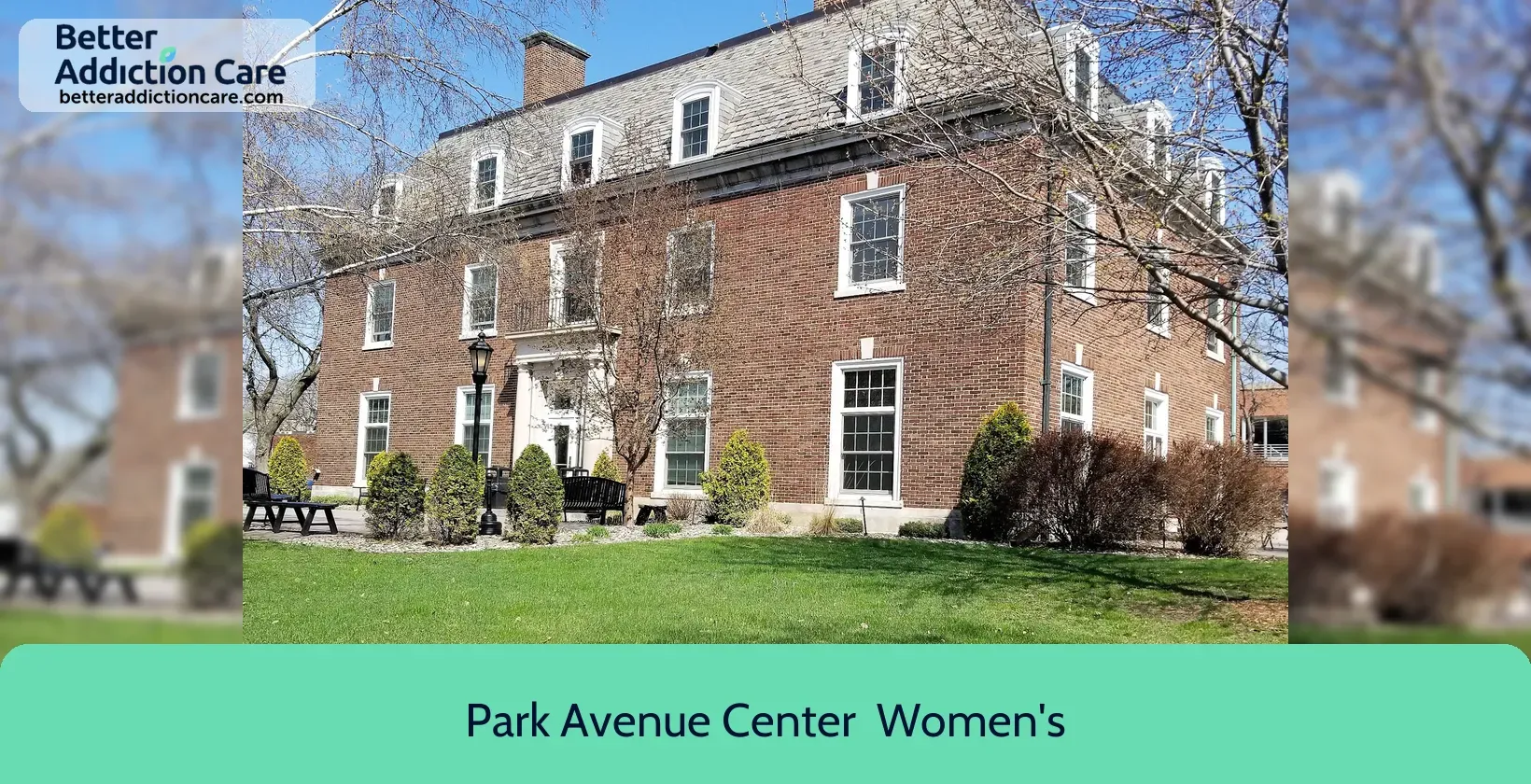
7.16

7.22
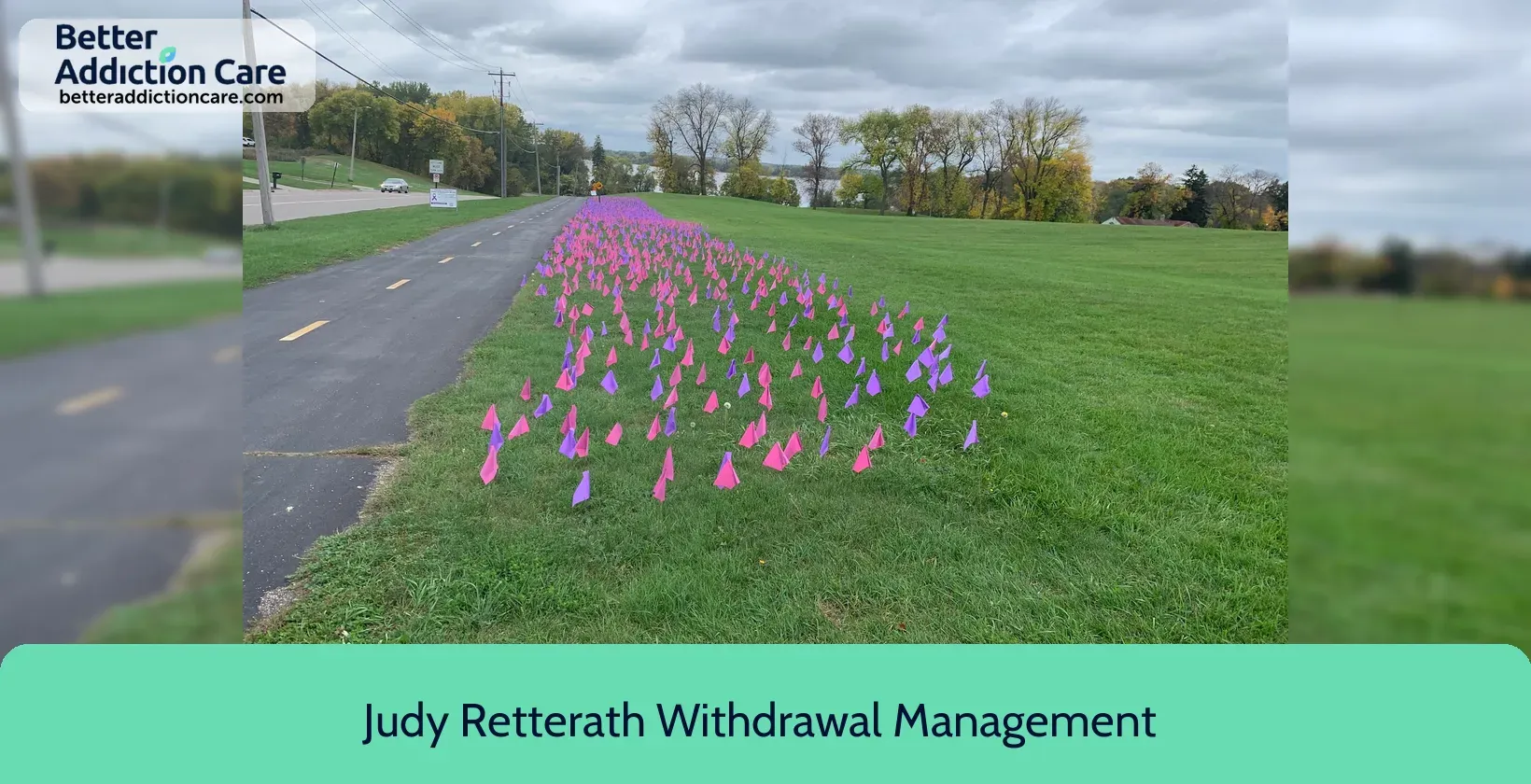
6.92
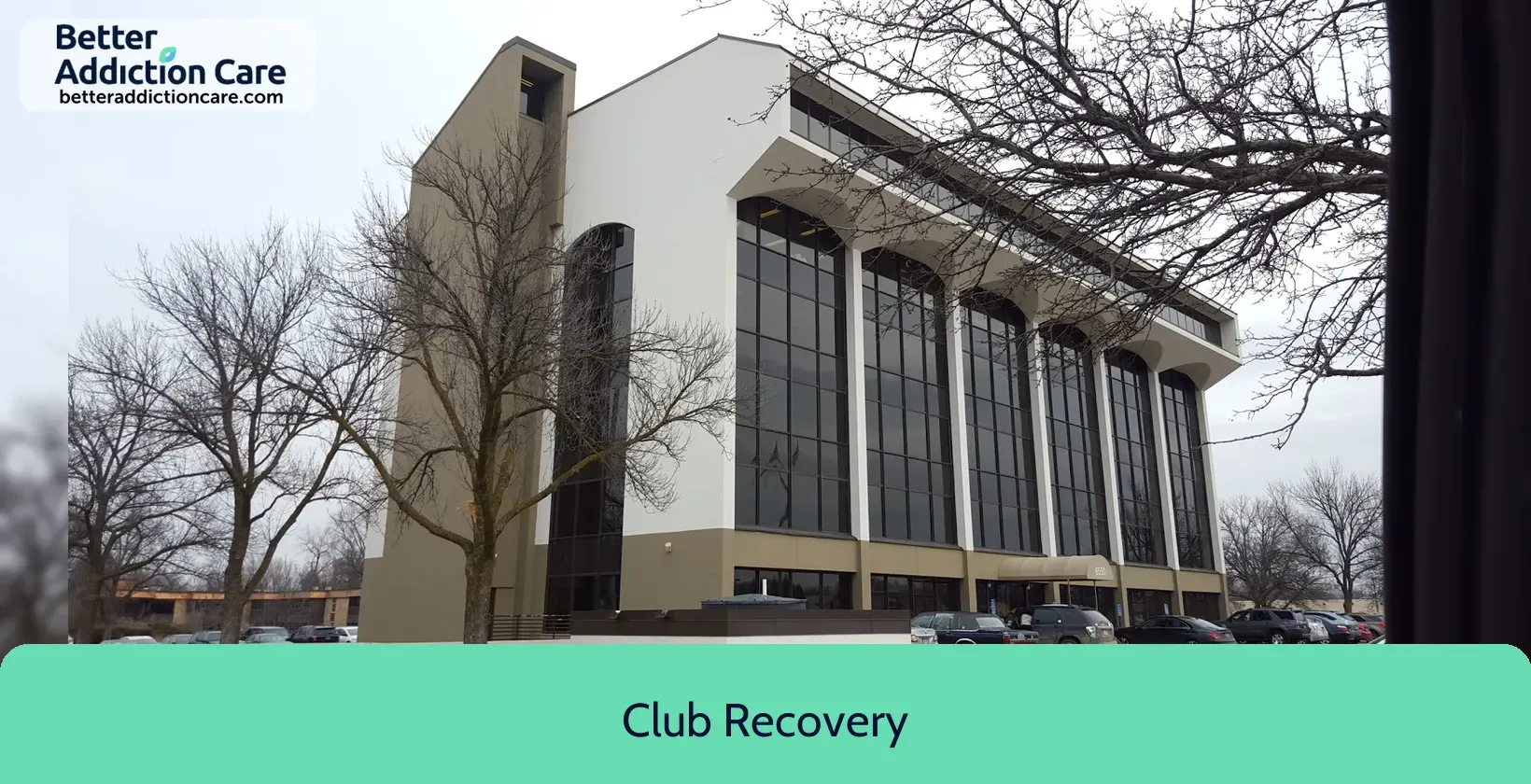
7.00
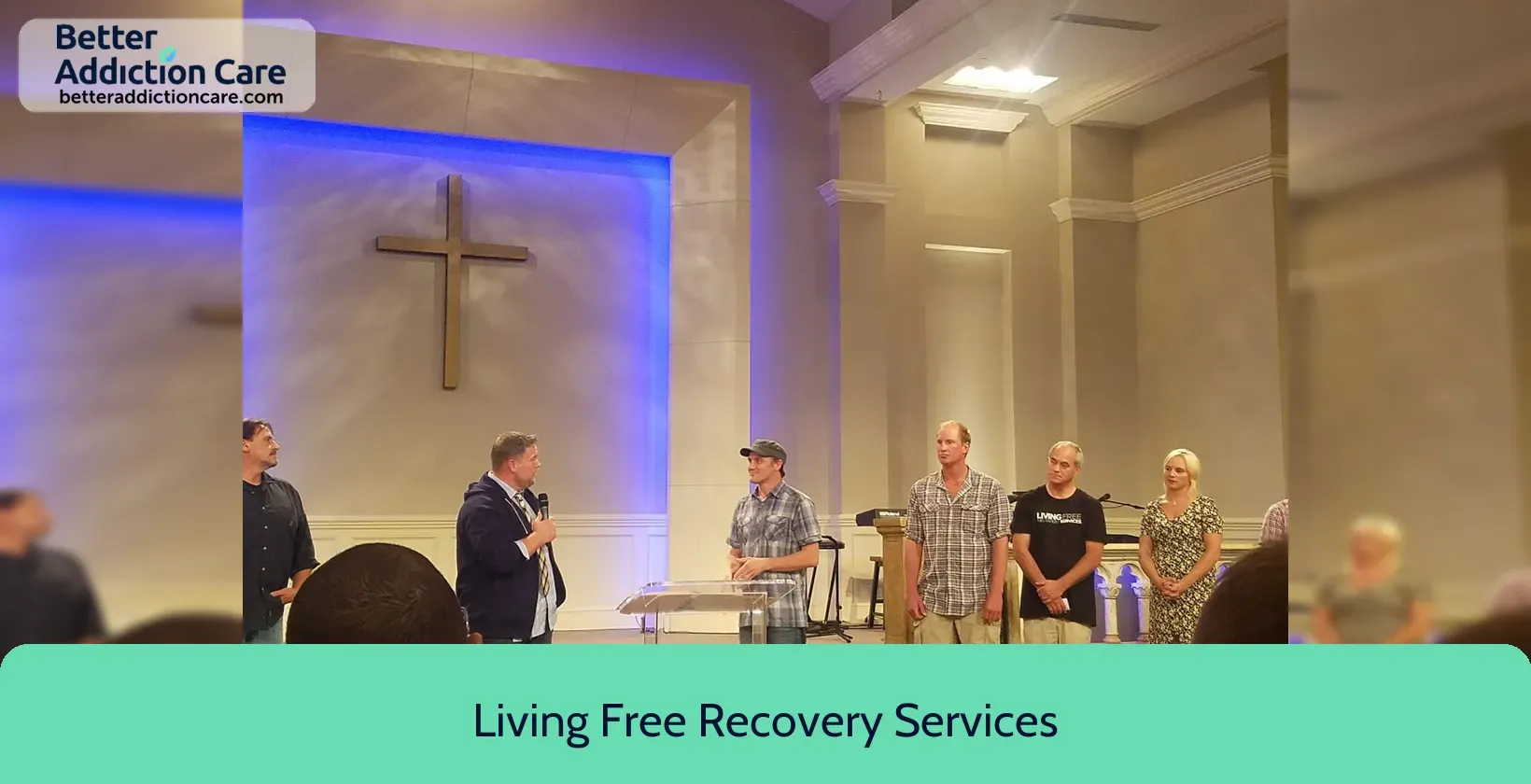
6.82
DISCLAIMER: The facility name, logo and brand are the property and registered trademarks of Living Free Recovery Services, and are being used for identification and informational purposes only. Use of these names, logos and brands shall not imply endorsement. BetterAddictionCare.com is not affiliated with or sponsored by Living Free Recovery Services.
